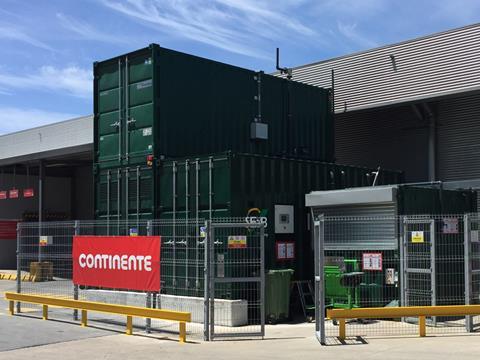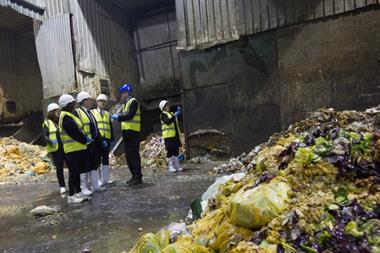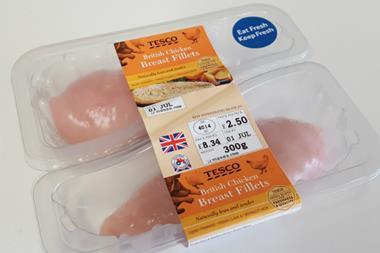
A UK technology company has installed what it thinks could be one of the first anaerobic digestion systems directly on site at a supermarket anywhere in the world.
SEaB Energy’s Flexibuster containerised micro power plant is situated at the Continente hypermarket at Gaia in Portugal.
It has signed a strategic partnership agreement for the modular system with Modelo Continente, part of the Sonae Group, Portugal’s largest retailer.
SEaB Energy said it was the first time an anaerobic digestion system, that converts inedible food and other organic waste into energy, had been installed at a supermarket site anywhere in Portugal.
The company, which is based at the University of Southampton Science Park in Chilworth, added that it was also unaware of any others in the world, including the UK.
“A few supermarkets in the UK are sending inedible food waste to large-scale AD plants and in return they buy back energy,” a spokesman said. “This is very different, however, as the food waste doesn’t travel long distances and the energy produced can be used directly on site. This eliminates waste transportation costs as well as harmful emissions.”
SEaB Energy CEO Sandra Sassow added: “This is a groundbreaking deal for the adoption of small-scale renewable energy systems within the retail sector - and not just for Portugal but for Europe as a whole.”
The Flexibuster at Continente’s Gaia hypermarket will convert approximately 600kg per day of inedible supermarket food waste into energy, generating around 80,000kwh of electricity, plus 180 tonnes of fertiliser, per annum.
The electricity will be used on site and the fertiliser sold on. The total offset savings for the first year are projected to be around €27,000 including income from energy generation and cost savings from waste transport and landfill, as well as other expenses.
SEaB Energy said the Flexibuster was one of two micro power plant anaerobic digestion systems it had developed. Each was modular and scalable to address food waste and other bio-wastes directly where they were produced.



















No comments yet